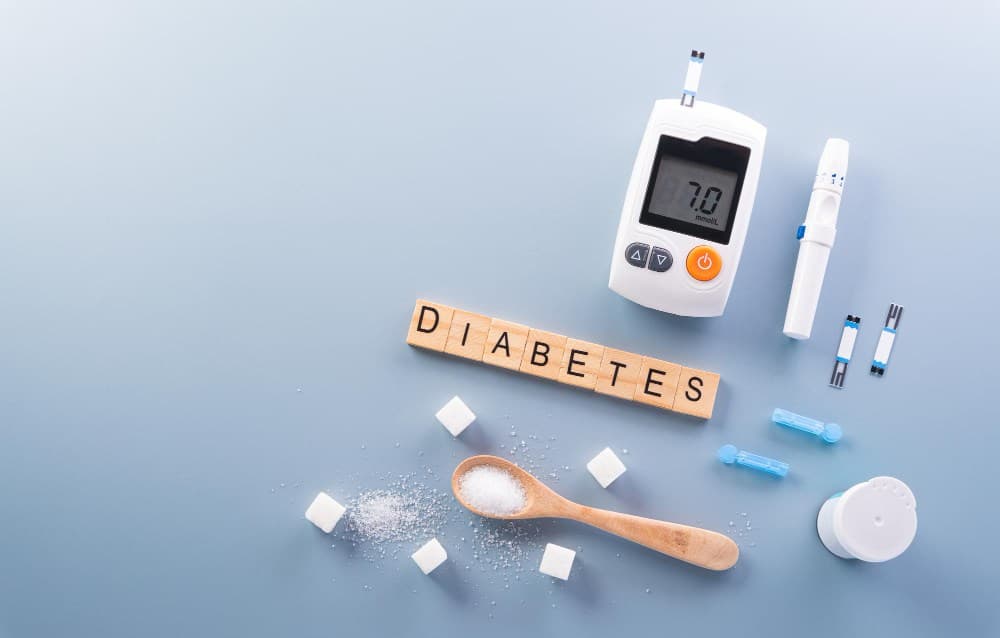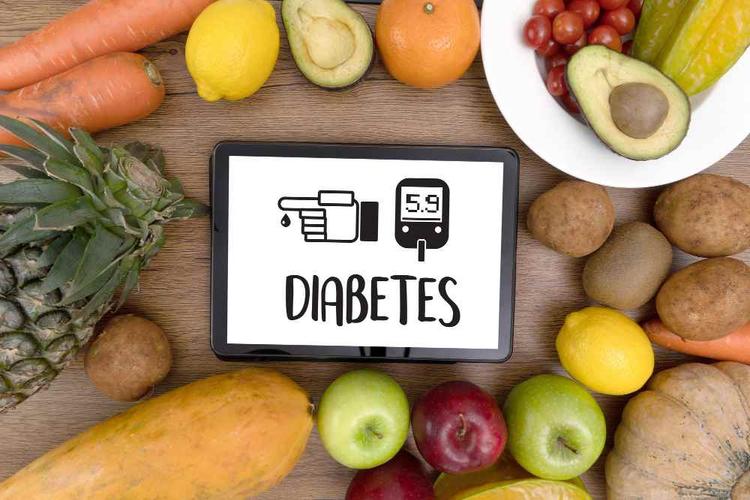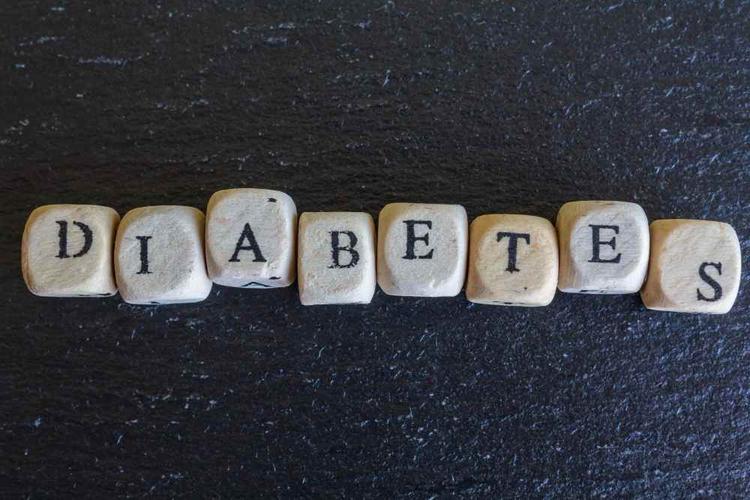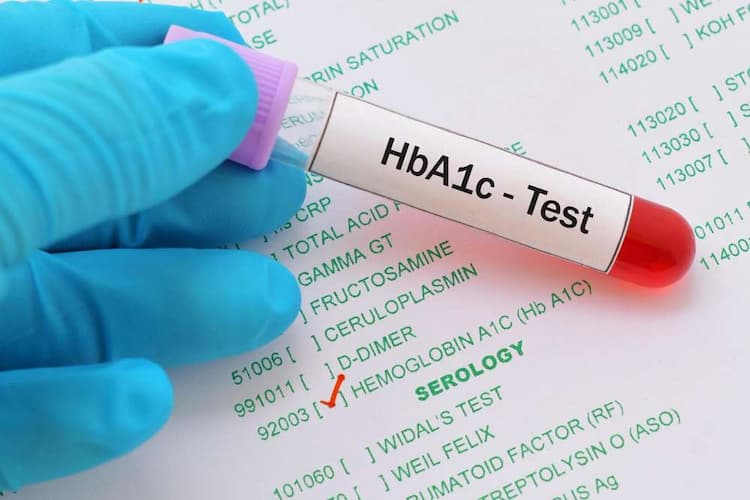Diabetes and Navratri Fasting: Essential Guidelines

Medically Reviewed By
Dr Divya Rohra
Written By Meenakshi
on Oct 16, 2023
Last Edit Made By Meenakshi
on Mar 15, 2024

Celebrated over nine days, Navratri is one of the auspicious Hindu festivals in which many people observe fasting. While, according to the experts, fasting in a healthy way can offer loads of benefits, it can be challenging for individuals with Diabetes. Being a metabolic disorder, Diabetes affects how the body processes glucose and fasting can significantly influence these levels. Therefore, individuals with Diabetes should be mindful of whether and how they should observe Navratri Fasting.
If you have Diabetes, this blog has all the information you may need for healthy fasting. Here, we'll explore the do's and don'ts for individuals with Diabetes during Navratri fasting in detail, helping you balance faith and health. So, let's get started.
Do People With Diabetes Should Fast?
Fasting can be complex and potentially challenging for individuals with Diabetes. Whether a diabetic person should fast or not depends on several factors, including:
- Types Of Diabetes: Type 1 diabetes usually requires insulin and may be at higher risk for complications during fasting. Type 2 diabetes patients may or may not require insulin shots, depending on the severity of their condition. The type of Diabetes can influence your fasting decision and should always be discussed with the doctor.
- Individual Health: The severity of the condition is another factor that can influence whether a person with Diabetes should fast or not. If your blood sugar levels are not managed properly, fasting may not be advisable.
- Medication & Insulin Use: The use of medicine and frequency of medicine or insulin dosage can also make fasting challenging for people with Diabetes. Therefore, you should always consult with your doctor.
For individuals with Diabetes, fasting can be more challenging, as it often disrupts their carefully managed diet and medication regimen. Fasting during Navratri can lead to fluctuations in blood sugar levels, which must be managed carefully to avoid complications. So, what should one do to ensure safe practice and avoid complications? Scroll down to know more.
Dos for People with Diabetes During Navratri Fasting:
- Consult Your Doctor: This is the first and foremost step to follow. Before deciding to fast or start fasting, it is always advisable to consult a doctor about your health condition. They can assess your health condition, current blood sugar levels, and other factors, determine if fasting is safe, and provide guidelines specific to your condition.
- Monitor Blood Sugar Levels: Frequently monitoring blood sugar levels is essential or advisable during fasting for people with Diabetes. It will help you make necessary adjustments to your diet or regimen as needed.
- Stay Hydrated: Loading your body with the right amount and choice of fluid is the golden rule for healthy fasting. Dehydration can lead to various issues, including increased blood sugar levels. Therefore, if you are fasting, you should drink plenty of water, juices, coconut water, and other healthy beverages to keep you hydrated. Remember to make healthy choices and avoid sugary drinks.
- Plan Your Meal Carefully: When it comes to fasting with Diabetes, planning is the key to mastering it. Be mindful of your meal choices and timing to ensure that it has carbohydrates, proteins, and healthy fats, as they help maintain stable blood sugar levels and avoid complications.
- Choose Low-Glycemic Index Foods: If you have Diabetes, choose food with low GI (Glycemic index), like guava and papaya, and more, as it has a significant role in helping you control blood sugar levels. Low GI foods release glucose gradually, which prevents rapid blood sugar spikes, ensuring better management of Diabetes during fasting.
- Do Not Miss On Protein And Fiber: If you are a diabetic, protein and fiber-rich foods are your best friends that aid in blood sugar control and keep you full for longer hours.
- Watch Your Portion Size: Even during fasting, keeping the portion size of your meal in mind is essential. Overeating while breaking your fast can lead to blood sugar spikes. So, choose and control your portion mindfully to avoid complications.
Don'ts for People with Diabetes During Navratri Fasting:
- Do Not Skip Your Medication: Fasting doesn't apply to your medication. So, never skip your diabetes medicines for fasting, especially without consulting your healthcare provider. Adjustments in the medicines, if necessary, should only be made under medical supervision.
- Limit Intake Of Fried Foods: Fried foods are often consumed during Navratri, but these are not your friends, especially if you have Diabetes. Thanks to being high in unhealthy fats, such foods can spike affect lipid levels, which are already a concern in individuals with Diabetes. Therefore, you should consume them in moderation or avoid them altogether.
- Avoid Prolonged Fasting: If you have Diabetes, you should be mindful of how you fast. Do not extend your fasting period, and do not choose liquid-only or fruit-only fast. As a diabetic patient, you may need a balanced diet to balance your blood sugar levels.
- Avoid Stress Or Exhaustion: Too much stress or exhaustion is not good for health in general and can be even more harmful for people with diabetes, as it can impact blood sugar levels. Therefore, refrain yourself from stressing too much or exerting your body.
- Don't Overlook Your Symptoms: If you experience anything unusual or have any symptoms, like fatigue, excessive thirst, or frequent urge to urinate, do not dismiss these symptoms, as they could be signs of uncontrolled blood sugar levels requiring immediate medical attention.
Conclusion:
Fasting during Navratri can be challenging for individuals with Diabetes. Balancing faith and health requires careful planning and a thorough understanding of your condition. Therefore, it is always advisable to be mindful and follow the dos and don'ts of healthy fasting to navigate Navratri fasting more safely and effectively.
It's essential to emphasize that there is no one-size-fits-all approach to fasting with Diabetes. Each person's situation is unique, depending on their health, and working closely with your doctor to develop a fasting plan that helps you fast without influencing your blood sugar levels is crucial. Your health should always be the top priority, and fasting should not compromise your well-being. With the right guidance and support, it is possible to observe Navratri fasting while managing Diabetes effectively.



